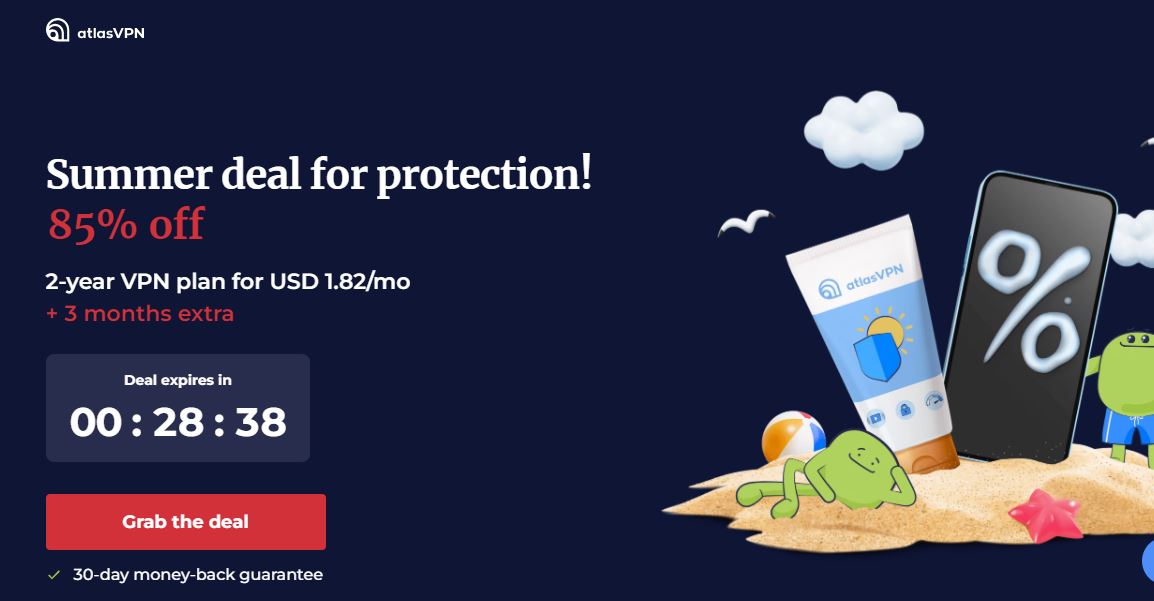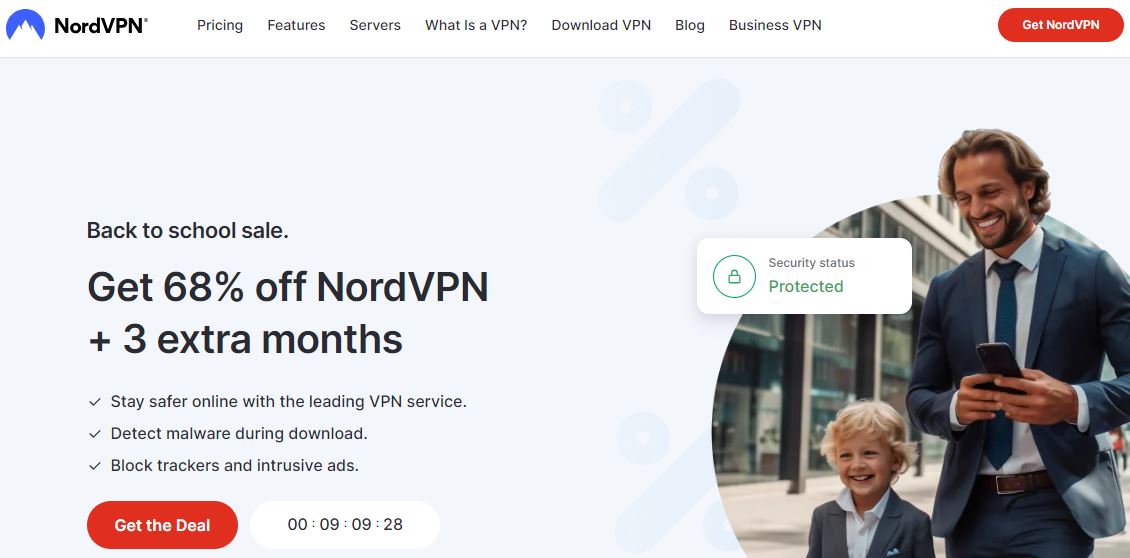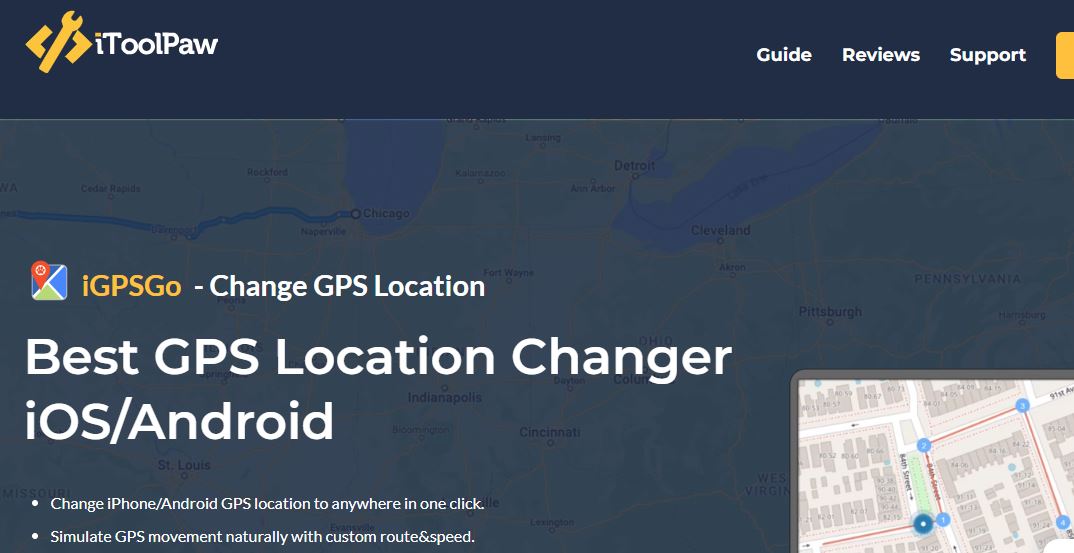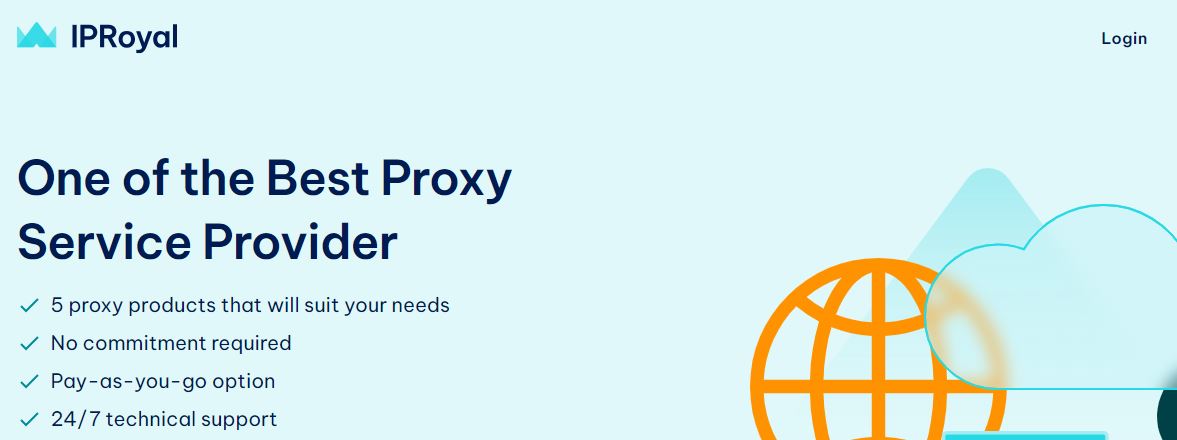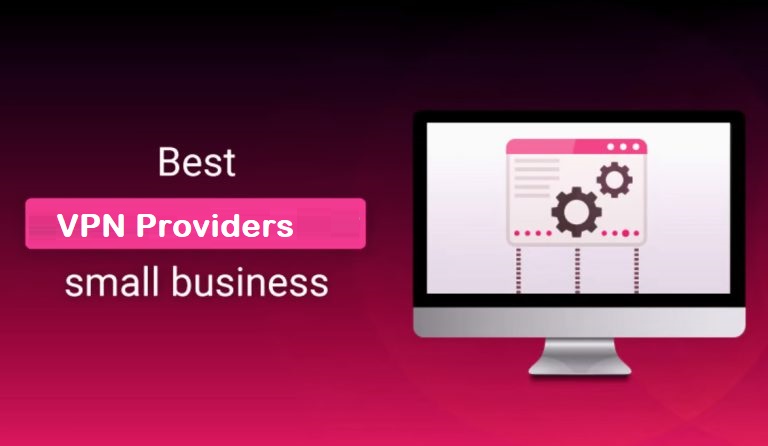
Top 5 Best VPN Providers In Australia
- Post author riazqadeer90
- Post date August 19, 2023
I can provide you with a list of popular and reputable VPN (Virtual Private Network) providers that were known for offering good services in Australia. Please note that the VPN landscape can change over time, so I recommend checking the most recent reviews and rankings to ensure you’re getting up-to-date information. Here are five VPN providers that were well-regarded.
ExpressVPN stood out for its lightning-fast speeds, wide server network, and robust encryption protocols. It’s often recommended for activities like streaming, online gaming, and secure browsing. Nord VPN was recognized for its emphasis on privacy, with a strict no-logs policy and advanced security features. Its extensive server list allowed users to access content from around the world. Remember that when choosing a VPN provider, it’s important to consider factors such as server locations, speed, security features, privacy policy, customer support, and ease of use. Additionally, make sure to check for any recent reviews or changes in the VPN landscape in Australia before making a decision.
Table of Contents
List of Best VPN Providers in Australia
here is a list of some of the best VPN providers in Australia. Please keep in mind that the VPN landscape can change over time, so I recommend doing your own research to ensure you have the most up-to-date information. Remember to carefully consider your specific needs when choosing a VPN provider, such as server locations, speed, security features, and compatibility with your devices.
- Price as low as $1 month
- Unlimited devices
- MultiHop servers
- 10Gbps servers
- 24/7 hours support
- Price as low as $1 month
- Unlimited Devices
- Stay safe with NordVPN
- Double VPN
- 24/7 hours support
- Price as low as $1 month
- GPS Location Changer
- Compatible with All iOS
- Fast & Secure VPN
- 24/7 hours support
- Price as low as $1 month
- No commitment required
- Pay-as-you-go option
- 190+ proxy locations
- 24/7 hours support
Remember to carefully consider your specific needs when choosing a VPN provider, such as server locations, speed, security features, and compatibility with your devices. Additionally, since the VPN landscape can change, it’s a good idea to look for recent reviews and rankings to ensure you’re making an informed decision.
Here are some best VPN providers in Australia.
1- Atlas VPN
Atlas VPN was a relatively new VPN service that aimed to provide secure and private internet browsing. However, keep in mind that my information might not be up to date, and the VPN landscape can change rapidly.
Atlas VPN was known for offering a free version with limited features, as well as a premium version that provided more advanced features, such as faster speeds, a larger number of server locations, and enhanced security protocols. It was also praised for its user-friendly interface and ease of use.
Make sure to consider factors such as:
Security and Privacy: Look into their encryption protocols, privacy policy, and whether they keep logs of user activities.
Server Network: Check the number of server locations and their distribution, especially if you want to access content from specific regions.
Speed and Performance: Ensure the VPN offers satisfactory speeds for your online activities.
Compatibility: Verify that the VPN is compatible with your devices and platforms.
Customer Support: A responsive and helpful customer support team can be crucial if you encounter any issues.
Features: Consider whether the VPN offers features like ad-blocking, malware protection, or split tunneling.
2- NORD VPN
NordVPN is a well-known and popular Virtual Private Network (VPN) service provider. It’s recognized for its strong emphasis on privacy, security, and features. However, please note that my information might not be up to date, so I recommend verifying the current status and offerings of NordVPN before making a decision.
Key features and aspects of NordVPN, as of my last update:
Security and Privacy: NordVPN is known for its robust security features, including military-grade encryption, support for various VPN protocols (OpenVPN, IKEv2/IPsec, etc.), and a strict no-logs policy. This means they don’t log your online activities, enhancing your privacy.
Server Network: NordVPN offers a large and diverse network of servers spread across numerous countries and regions. This extensive server network allows users to access geo-restricted content from different parts of the world.
Performance and Speed: NordVPN is often praised for its fast and reliable connection speeds, making it suitable for various online activities, including streaming, gaming, and browsing.
Specialized Servers: NordVPN provides specialized servers for specific purposes, such as streaming, torrenting, and enhanced security. These servers are optimized for their respective tasks, ensuring the best possible experience.
User-Friendly Interface: The VPN app has a user-friendly interface that’s easy to navigate, making it accessible for both beginners and experienced users.
Cross-Platform Compatibility: NordVPN offers apps for various platforms, including Windows, macOS, Android, iOS, and more. It also supports router configurations for broader device coverage.
Double VPN and Onion Over VPN: NordVPN offers advanced features like Double VPN, which routes your connection through two servers for added security, and Onion Over VPN, which integrates with the Tor network for extra privacy.
Customer Support: NordVPN provides customer support through various channels, including live chat, email, and a comprehensive knowledge base.
It’s important to do your own research and consider your specific needs when choosing a VPN provider. While NordVPN has been well-regarded for its features, it’s a good idea to look for recent reviews, performance tests, and updates about the service to ensure it aligns with your current requirements.
3 - Itool Paw iGPSGo
As of my last update in September 2021, I’m not familiar with the term “iTool Paw iGPSGo.” It’s possible that this is a product, app, or service that has emerged after my last knowledge update. If “iTool Paw iGPSGo” is a new product or service that has been introduced since then, I recommend checking the official website or reliable sources to get more information about its features, capabilities, and how it works.
If you can provide more context or details about what “iTool Paw iGPSGo” is, I’d be happy to help you further.
VPN (Virtual Private Network): A VPN creates a secure and encrypted connection between your device and a remote server, enhancing online privacy and security. It can be used to access geographically restricted content by routing your internet connection through servers in different locations.
iTools: iTools is a software tool primarily used for managing iOS devices like iPhones, iPads, and iPods. It offers features such as data backup, application management, and screen mirroring.
iTools can be a useful alternative to iTunes for iOS device management tasks.
It enables users to transfer files, manage contacts, and install apps without using the official App Store.Paw: Paw is an HTTP client application primarily used by developers to test and interact with APIs. It provides a user-friendly interface for making HTTP requests, viewing responses, and debugging API calls.
Paw supports various authentication methods, custom headers, and request parameters.
The application allows users to organize and save their API requests in projects.
Paw’s dynamic values and scripting capabilities enable advanced scenarios in API testing.iGPS: iGPS (which you’ve mentioned as iGPSGo) might refer to a tool or app that simulates or modifies GPS locations on iOS devices. Such tools can be used for testing location-based applications or services. Users can virtually change their device’s GPS location to another place around the world. Some apps with GPS simulation might require jailbroken devices, while others work on non-jailbroken devices. Using GPS spoofing apps for malicious purposes can violate terms of service and local laws.
Please note that “iGPSGo” is not a term I’m familiar with as of my last update in September 2021. If it’s a new or niche term that has emerged after that date, I might not have information on it. Always exercise caution when using software or tools that modify or manipulate device functions.
4- IPRoyal VPN
IPRoyal VPN” is not a VPN service that I am familiar with. It’s possible that it’s a VPN service that has emerged after that date, or it might be a less well-known service. If you are considering using a VPN service, I recommend conducting thorough research to ensure it meets your privacy and security needs. Here are some general steps to follow when evaluating a VPN service:
Research the Company: Look into the company behind the VPN service. Check their website, reviews, and any available information about their reputation and history.
Privacy Policy: Review the VPN provider’s privacy policy to understand how they handle user data. Make sure they have a clear no-logs policy, meaning they do not track or store your online activities.
Server Locations: Check where the VPN servers are located. Make sure they have servers in the regions you need for accessing content or maintaining a certain level of anonymity.
Encryption and Security: Ensure that the VPN service uses strong encryption protocols (such as OpenVPN or IKEv2) to secure your data.
Speed and Performance: Look for information about the VPN’s speed and performance. Some VPNs may slow down your internet connection due to the encryption process.
Supported Platforms: Check if the VPN service is available for the platforms you intend to use, such as Windows, macOS, iOS, Android, etc.
Customer Support: Evaluate the quality and availability of customer support in case you encounter any issues.
Trial Period or Money-Back Guarantee: Many reputable VPN services offer a trial period or a money-back guarantee. This allows you to test the service before committing to a subscription.
User Reviews: Look for user reviews and experiences with the VPN service. This can give you insights into real-world performance and user satisfaction.
Price and Plans: Compare the pricing of different plans and packages offered by the VPN service. Be cautious of unusually low-priced services, as they might compromise on quality or privacy.
Remember that the VPN landscape can change, and new services can emerge. Always verify the credibility of any VPN service before using it, and prioritize those that have a track record of respecting user privacy and security.
.
VPN Pros And Cons
Certainly, here’s an overview of the pros and cons of using a VPN (Virtual Private Network):
Pros:
Enhanced Privacy and Security: VPNs encrypt your internet traffic, making it difficult for hackers, ISPs, and other third parties to intercept and monitor your online activities.
Anonymity and Masking: A VPN hides your IP address and replaces it with the IP of the VPN server you’re connected to, making it harder for websites and online services to track your real location.
Access Restricted Content: VPNs allow you to access geo-restricted content by connecting to a server located in a different country. This is useful for streaming services, websites, and online resources that may be blocked in your region.
Public Wi-Fi Protection: When using public Wi-Fi networks, a VPN adds a layer of security by encrypting your data, helping to prevent unauthorized access to your personal information.
Bypass Censorship: In countries with strict internet censorship, VPNs can help users access blocked websites and services.
Remote Access: Businesses use VPNs to provide employees with secure remote access to their corporate networks.
Protection from ISP Throttling: Some ISPs throttle (reduce) your internet speed when you’re engaging in certain activities, like streaming. A VPN can prevent this by masking your activities.
Cons:
Reduced Speed: Due to encryption and routing through VPN servers, your internet connection may become slower, particularly if you’re connected to a distant server.
Cost: Good VPN services often require a subscription fee, which can add to your monthly expenses.
Trust in VPN Provider: You’re entrusting your internet traffic and data to the VPN provider. It’s essential to choose a reputable provider with a strong privacy policy.
Incompatibility with Some Services: Some online services and websites may block access from VPNs or require additional verification when accessed through a VPN.
Limited Free Options: While some free VPNs exist, they might have limitations in terms of data usage, server locations, and privacy features. Some free VPNs might also compromise your privacy by logging your data.
Technical Complexity: Setting up and using a VPN might require some technical knowledge, especially if you need to configure it on multiple devices or troubleshoot issues.
Connection Drops: If your VPN connection drops unexpectedly, your online activities might become exposed. Some VPNs have kill switches that automatically disconnect your internet if the VPN connection is lost.
Legal and Regulatory Issues: Using a VPN to bypass geographical restrictions or engage in illegal activities can lead to legal consequences. Additionally, some countries regulate or ban the use of VPNs.
In conclusion, while VPNs offer numerous benefits in terms of privacy, security, and access to restricted content, they also come with potential downsides. It’s essential to carefully evaluate your needs and choose a reputable VPN service that aligns with your priorities and usage patterns.
Conclusion:
In conclusion, while VPNs offer numerous benefits in terms of privacy, security, and access to restricted content, they also come with potential downsides. It’s essential to carefully evaluate your needs and choose a reputable VPN service that aligns with your priorities and usage patterns.
- Categories Top Best VPN Providers





